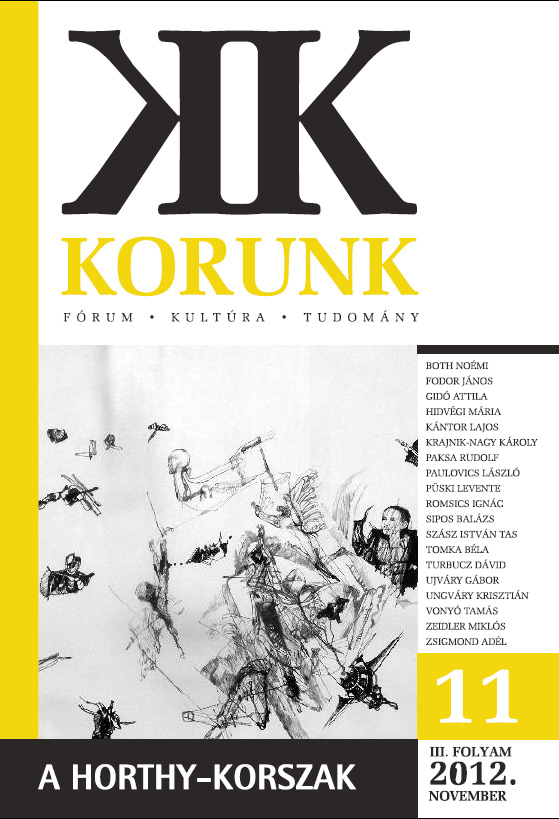Pozitív válaszok Trianonra
Positive Answers to Trianon
The Cultural Politics of Kuno Klebelsberg and Bálint Hóman
Author(s): Gábor UjvárySubject(s): History, Cultural history, Recent History (1900 till today), Interwar Period (1920 - 1939), WW II and following years (1940 - 1949)
Published by: Korunk Baráti Társaság
Keywords: Kuno Klebelsberg; Bálint Hóman; Minister of Religious Affairs and Public Education; Hungarian culture
Summary/Abstract: The two defining personalities of Hungarian cultural politics, Kuno Klebelsberg and Bálint Hóman, have served as the Minister of Religious Affairs and Public Education for nine years each (between 1922–1931, respectively 1932–1942). Although the Treaty of Trianon caused serious damage to Hungarian cultural institutions, this was negligible in comparison to the economic losses. Klebelsberg and Hóman were the ones to give positive answers to the cultural losses. Their program for the construction of elementary schools, from the period between 1926–1930 and 1935–1940, elevated the cultural level of the lower classes. Consequently, at the end of the 1930s, the percentage of analphabets in the population above the age of six was only 7%, which roughly corresponds to Western European standards. Another important aspect of their contribution was in the field of cultural diplomacy. This was the period of the establishment of Hungarian cultural institutions abroad (Vienna, Berlin, Rome, Paris) and the beginning of the state funding of Hungarian departments at foreign universities. Kuno Klebelsberg and Bálint Hóman implemented a distinctly modern cultural politics at a European level within the confines of an outdated society, and therefore the time period between 1920 and 1944 was one of the golden ages of Hungarian culture.
Journal: Korunk
- Issue Year: 2012
- Issue No: 11
- Page Range: 66-75
- Page Count: 10
- Language: Hungarian

